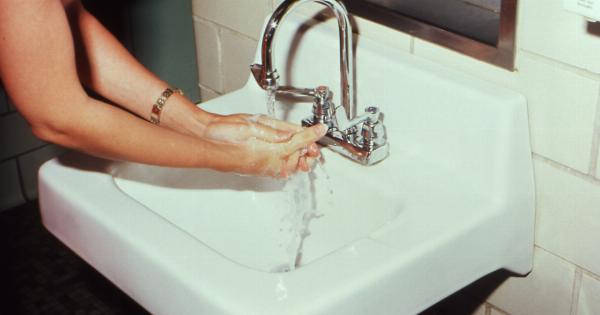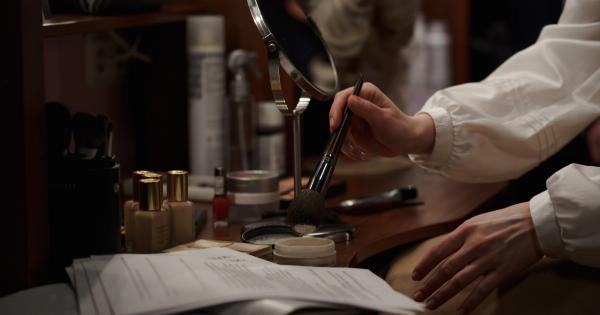Eczema is a chronic condition that causes dry, itchy, and inflamed skin. While there are various factors that can exacerbate eczema symptoms, recent studies suggest that there may be a correlation between water quality and eczema flare-ups.
What is Eczema?
Eczema, also known as atopic dermatitis, is a condition that affects the skin’s ability to retain moisture. It typically presents as an itchy, red rash that can appear anywhere on the body.
Eczema is most common in children, but it can affect people of all ages.
The exact cause of eczema is unknown, but it is believed to be a combination of genetic and environmental factors. Eczema is often associated with other allergic conditions, such as asthma and hay fever.
Eczema is a chronic condition, which means that symptoms can come and go. However, some people experience constant symptoms, which can be debilitating and affect quality of life.
What Affects Eczema Symptoms?
Various factors can exacerbate eczema symptoms, including:.
- Foods, such as dairy products, nuts, and soy
- Stress
- Environmental triggers, such as dust mites and pet dander
- Weather, such as extreme heat or cold
- Chemicals, such as soaps and detergents
While these factors can all contribute to eczema flare-ups, recent research suggests that water quality may also play a role.
Water Quality and Eczema Flare-ups
Research has shown that chlorine, a common disinfectant used in municipal water treatment, can cause skin irritation and worsen eczema symptoms.
Additionally, hard water, which contains high levels of minerals such as calcium and magnesium, can also exacerbate eczema symptoms.
Hard water can dry out the skin, which can lead to eczema flare-ups. Additionally, the minerals in hard water can react with soap and other cleansers, making it more difficult to rinse the skin clean.
This can leave behind residue that can further irritate the skin.
Furthermore, many people with eczema have sensitive skin, which can make them more susceptible to the negative effects of chlorine and hard water.
How to Improve Water Quality for Eczema
If you have eczema and live in an area with hard water, there are several things you can do to improve water quality:.
- Install a water softener. Water softeners remove the minerals that cause hardness, which can improve the quality of your water and reduce eczema symptoms.
- Use a shower filter. Shower filters can remove chlorine and other chemicals from your water, which can reduce skin irritation and improve eczema symptoms.
- Avoid hot water. Hot water can strip the skin of its natural oils, which can exacerbate eczema symptoms. Try to use lukewarm water instead.
- Moisturize regularly. Applying a moisturizer after bathing can help lock in moisture and prevent dry skin, which can reduce eczema flare-ups. Look for a moisturizer that is fragrance-free and formulated for sensitive skin.
Conclusion
While eczema can be a difficult condition to manage, paying attention to water quality can be a helpful step in reducing symptoms.
By avoiding chemicals such as chlorine and using products that improve water quality, individuals with eczema can reduce skin irritation and improve overall quality of life.
To learn more about eczema and its causes and treatments, speak to your dermatologist or healthcare provider.






























